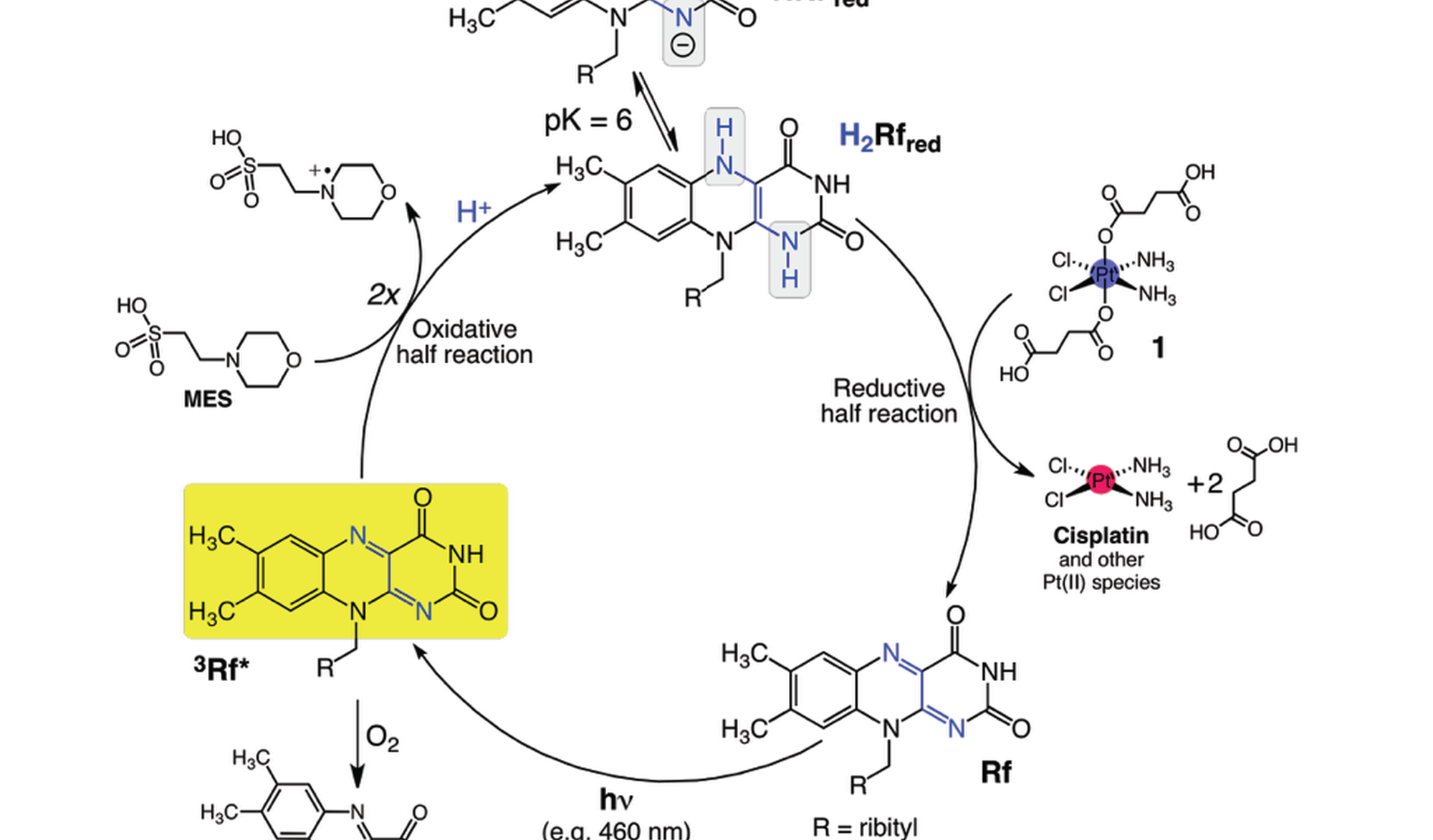Development Of New Photoactivatable Anticancer Prodrugs

Chemistry Internship
Type of Project: Theory
Location: Donostia
Supervisor:
Elixabete Rezabal
elixabete.rezabal@ehu.eus
Jesus Ugalde
The use of light to activate anticancer prodrugs is nowadays a reality in clinics around the world. Photodynamic therapy is an effective treatment for the localized destruction of cancer cells in a range of tissues and organs. Triggering the antiproliferative activity of chemotherapy agents with spatial and temporal control offers the advantage of reducing side effects and resistance. On the bases of the great success of metal-based drugs (e.g. cisplatin and its derivatives), photoactivatable metal complexes have been investigated for their potential in light-activated therapy. This promising class of molecules is characterized by outstanding photophysical and photochemical features, which can result in novel anticancer mechanisms.
The present project aims at exploring such potential by investigating the development of innovative photoactivatable complexes that can be used as effective prodrugs for photochemotherapy and simultaneously act as imaging agents. This goal will be achieved by means of theoretical chemistry tools, characterizing the physicochemical properties of the metal complexes, in particular its photoactivation and the influence of the environment in its photochemical properties. The mechanism of the drug activation and posterior release will be elucidated, which will allow the researchers to design strategies for optimizing the physicochemical properties of the metal complexes.
The student will also have the opportunity of collaborating with the experimental group lead by Luca Salassa, who are specialized in synthesizing and testing these complexes in the lab.
